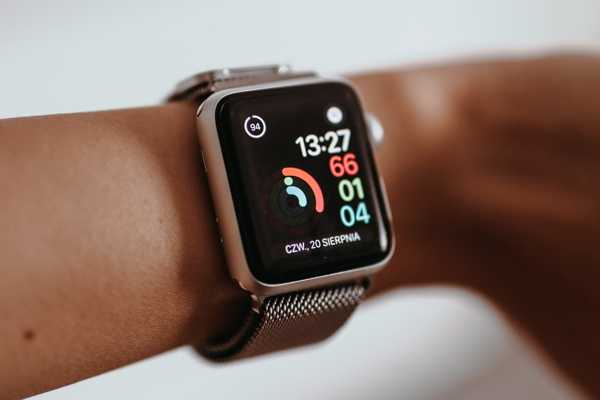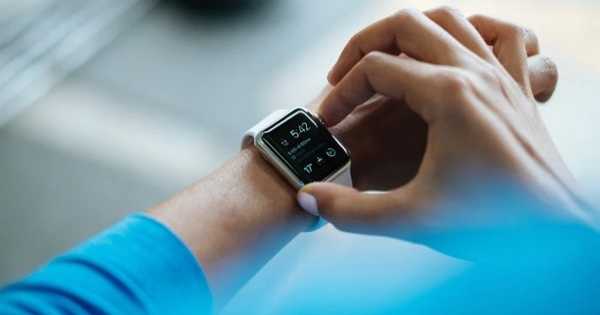Rose Faghih and colleagues at the University of Houston created a closed-loop system that uses smartwatch-type wearables to collect data via skin conductance response (SCR) to monitor and reduce stress. The technology installs two electrodes on the wearable device that can detect stress signals in the wearer’s SCR as they sweat; when such signals are detected, the wearable prompts the wearer to engage in stress-reducing activities.
The old adage “never let them see you sweat” does not apply in Rose Faghih’s electrical and computer engineering lab at the University of Houston Cullen College of Engineering. In fact, Faghih seeks sweat, the kind that beads on your upper lip when you’re nervous – a change in sweat activity known scientifically as skin conductance response (SCR). Faghih claims to be able to monitor and even help lower stress levels thanks to this metric.
Faghih’s research team created a new closed-loop technology by placing two electrodes on smartwatch-type wearables to collect and study these physiological signals of stress. When a stress signal is detected, a reminder is sent to the smartwatch, for example, to listen to relaxing music to relax. As a result, the loop is closed when the detected stress initiates the subtle suggestion.
An engineering researcher has modified a smartwatch to reduce stress. The new technology monitors sweat to infer brain stress and, when detected, sends a message through the smartwatch to calm down.
“This study is one of the very first steps toward the ultimate goal of monitoring brain responses using wearable devices and closing the loop to keep a person’s stress level within a pleasant range,” writes Faghih in IEEE Xplore.
Electrodermal activity (i.e., the electrical conductivity of the skin) provides important information about the cognitive stress of the brain. Faghih employs signal processing techniques to track the hidden stress state and create a control algorithm for regulating the stress state and closing the loop. The study’s findings demonstrate the efficacy of the proposed approach and validate its viability for use in practice.
“To the best of our knowledge, this is one of the first studies to relate the cognitive stress state to changes in SCR events and design the control mechanism to close the loop in a real-time simulation system,” said UH doctoral student and lead study author Fekri Azgomi, who completed the task of closed-loop cognitive stress regulation in a simulation study based on experimental data.

Because wearable devices capable of measuring cognitive stress-related variables are becoming more common, the proposed architecture is an initial step toward treating cognitive disorders using non-invasive brain state decoding.
“The final results confirm that the proposed architecture has a high potential for implementation in a wrist-worn wearable device and use in daily life,” Faghih said.
Stress is a worldwide problem that can have disastrous health and financial consequences. According to a recent Gallup poll, more than one-third of all adults (35%) worldwide reported feeling stressed for “a significant portion of the day yesterday.”
Every generation witnesses a technological revolution that alters the way our society functions. The smartwatch is the most recent example of wearable technology that serves as a fashionable accessory, a business tool, and a health care check. Discover how your smartwatch can help you reduce stress, set fitness goals, and live a healthier lifestyle.
A heart rate sensor in smartwatches and fitness trackers monitors your heart rate, collects data, and provides you with a report on your heart rate activity. This information is critical for identifying stress triggers and irregular heart rate activity before it becomes a serious problem.














